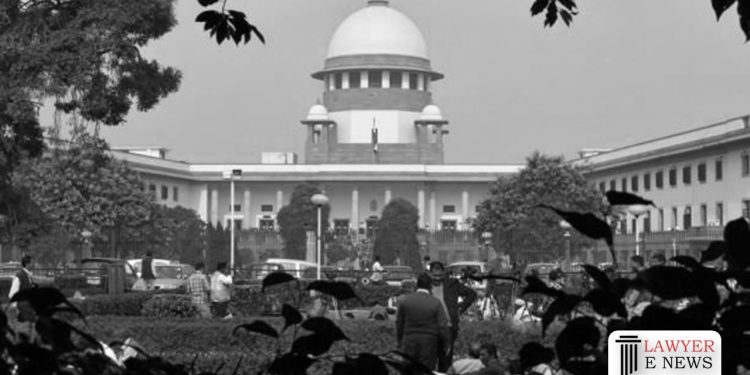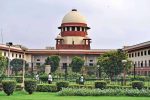Liberal and Justice-Oriented Approach Required in Condonation of Delay: Supreme Court

In a recent judgment, the Supreme Court of India reiterated the importance of adopting a “liberal and justice-oriented approach” when considering applications for the condonation of delay. The ruling, delivered on October 9, 2023, emphasized the need to balance technical considerations with the broader goal of achieving substantial justice.
The judgment, authored by Justice Bela M. Trivedi and Justice Dipankar Datta, cited various precedents and discussed the principles governing the condonation of delay, particularly in cases involving the government as a party.
The Court acknowledged that the power to condone delay is a discretionary one and should depend on the sufficiency of the cause presented and the acceptability of the explanation offered. The length of the delay was considered immaterial, and the Court made a clear distinction between an “explanation” and an “excuse.”
The judgment highlighted the challenges faced by the government in presenting appeals within the prescribed period of limitation due to the impersonal nature of its functioning and the bureaucratic process involved in decision-making. It underscored the need to avoid nit-picking individual defaults at the expense of collective interests and public justice.
Justice Trivedi and Justice Datta’s ruling also noted that while the law of limitation is based on public policy, a mere lapse on the part of a litigant should not automatically lead to the denial of condonation of delay, as this could result in a miscarriage of justice.
The Court ultimately upheld the High Court’s exercise of discretion in favor of condoning the delay in the case before them, emphasizing that the High Court had considered various factors, including the elastic nature of “sufficient cause” and the explanations provided for the delay. The judgment concluded that there was no clear error in the High Court’s decision.
This judgment serves as a reminder of the courts’ commitment to ensuring that substantive rights of both private parties and the state are not thwarted by technicalities, provided that sufficient cause is demonstrated. It reaffirms the importance of a balanced and pragmatic approach to the condonation of delay, particularly when public interest is at stake.
The ruling, which draws from a rich tapestry of legal precedents, sends a clear message that the courts will continue to prioritize justice and fairness in their decisions, even in cases involving governmental entities.
Date of Decision: 9th October 2023
SHEO RAJ SINGH (DECEASED) THROUGH LRS. & ORS. vs UNION OF INDIA & ANR.






